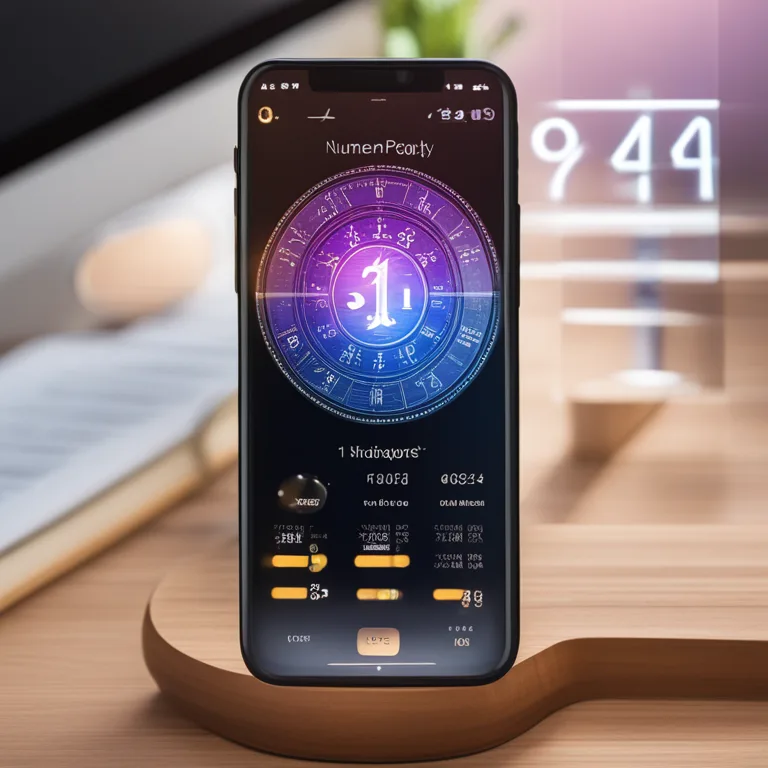
The Reality of Numerology
Delving into the credibility of numerology as both a mystical insight and a topic of scientific debate – what's the verdict?
article by Sofia Ferguson
Numerology's Ancient Roots
Numerology, the belief in the divine or mystical relationship between a number and one or more coinciding events, has roots reaching back to ancient civilizations. Its presence in historical contexts suggests it has been a point of intrigue and guidance for centuries. Babylonians, Egyptians, and the ancient Chinese all engaged in numerical divination, attempting to predict the future or understand the universe. However, questions about its validity remain, especially in our increasingly data-driven society.
..webp)
The Systems and Practices
There are multiple systems within numerology, each with its unique interpretations and methods. Whether it's the popular Pythagorean system, the Chaldean method, or Kabbalistic numerology, practitioners derive meaning from numbers and their combinations. Profiles, predictions, and insights are created based on birthdates, names, and other numerals related to an individual. Numerologists claim this information can reveal personality traits, life paths, and destiny, but skeptics urge caution against relying on these methods.

Scientific Scrutiny and Debates
Numerology has not escaped the notice of the scientific community, facing scrutiny for its lack of empirical evidence. Critics argue that it is a pseudoscience, employing the use of selective data and cognitive biases to give the illusion of accuracy. They point to the Forer effect, where individuals believe vague and general statements, often used in numerological readings, are highly accurate for them personally. The scientific method requires testability, falsifiability, and reproducibility, which numerology has struggled to provide.

A Blend of Mysticism and Psychology
While traditional science often dismisses numerology, some psychologists acknowledge that it may play a role in self-reflection and personal development. It could be argued that numerology serves a purpose similar to other belief systems—providing comfort, a sense of order, and a framework for understanding oneself and the world. Like art or music, numerology might affect the psyche in ways not easily quantifiable by empirical methodology, serving as a tool for introspection, rather than objective analysis.
Popularity in the Digital Age
The digital era has transformed the accessibility of numerology, allowing for personalized readings at the click of a button through apps and online services. Social media also spreads numerological ideas, sometimes merging with trends in mindfulness and spirituality. This proliferation has led to a revived interest and, inevitably, further questions about its legitimacy. In 2024 and beyond, numerology's fusion with technology continues to grow, but does this enhance its validity or simply its reach?
The Verdict on Numerology
So, is numerology real? The answer might depend on your framework of reality. If reality is based on empirical, measurable evidence, then numerology remains unproven. However, if reality encompasses personal beliefs, experiences, and subjective interpretations of life, numerology may hold a genuine place in your worldview. Ultimately, whether numerology is considered a real guide to life's mysteries or a tool for insight, its true value might rest within the perceptions and experiences of its practitioners and followers.
Published: 12/18/2023
Modified: 12/18/2023
More predictions
Come back here soon to learn more about yourself and your future


The Power of Compatible Numbers
Discover how compatible numbers can influence relationships, personality traits, and life paths in numerology.


Zodiac & Friendship Compatibility
Discover the astrological insights into friendship compatibility across the zodiac signs, fostering stronger connections in 2024 and beyond.